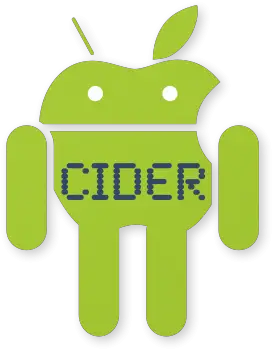
The huge gulf in available applications between Android and iOS has shrunk dramatically over the past several years, but there still exists a slight bias on the part of developers toward Apple’s smartphone platform. On top of this, iOS exclusive services like FaceTime and iMessage can leave many an Android user standing on the outside looking in when taking into account friends and family choosing an iPhone over a Google-based device. For those tired of feeling cutoff , for those sick of waiting for the latest app craze to be ported to Android, there is finally an answer.
Well…sort of.
Researchers at Columbia University’s Software Systems Laboratory have developed an “operating system compatibility architecture” that makes it possible to run native iOS apps on an Android device without modifying the code or performing an sort of optimization. Dubbed Cider, the interface layer is more than a simple virtual machine or emulator. Using compile-time code adaptation, Cider can translate — for lack of a better word — the foreign code of an iOS app in a manner that allows Android’s kernel to run the app natively. Diplomatic functions allow for foreign apps to interface with native software and hardware elements of an Android device.
As seen in the video demonstration above, Cider is far from perfect. While it indeed makes quick work of running iOS apps, performance and responsiveness are definitely hindered. It’s not a perfect solution, but as a proof of concept it is pretty compelling.
So what does Cider mean for the average Android (or iOS) user? At this point there is still work to be done and it could be quite some time before the system trickles out to the general public — if it ever does. Expect both Apple and Google to respond should Cider move beyond the realm of computer science experiment. In a marketplace largely driven by exclusive software and features, it’s almost a guarantee that Apple will not be happy with the idea of their native iOS apps running on a piece of Android hardware.
[via Columbia University Software Systems Laboratory]

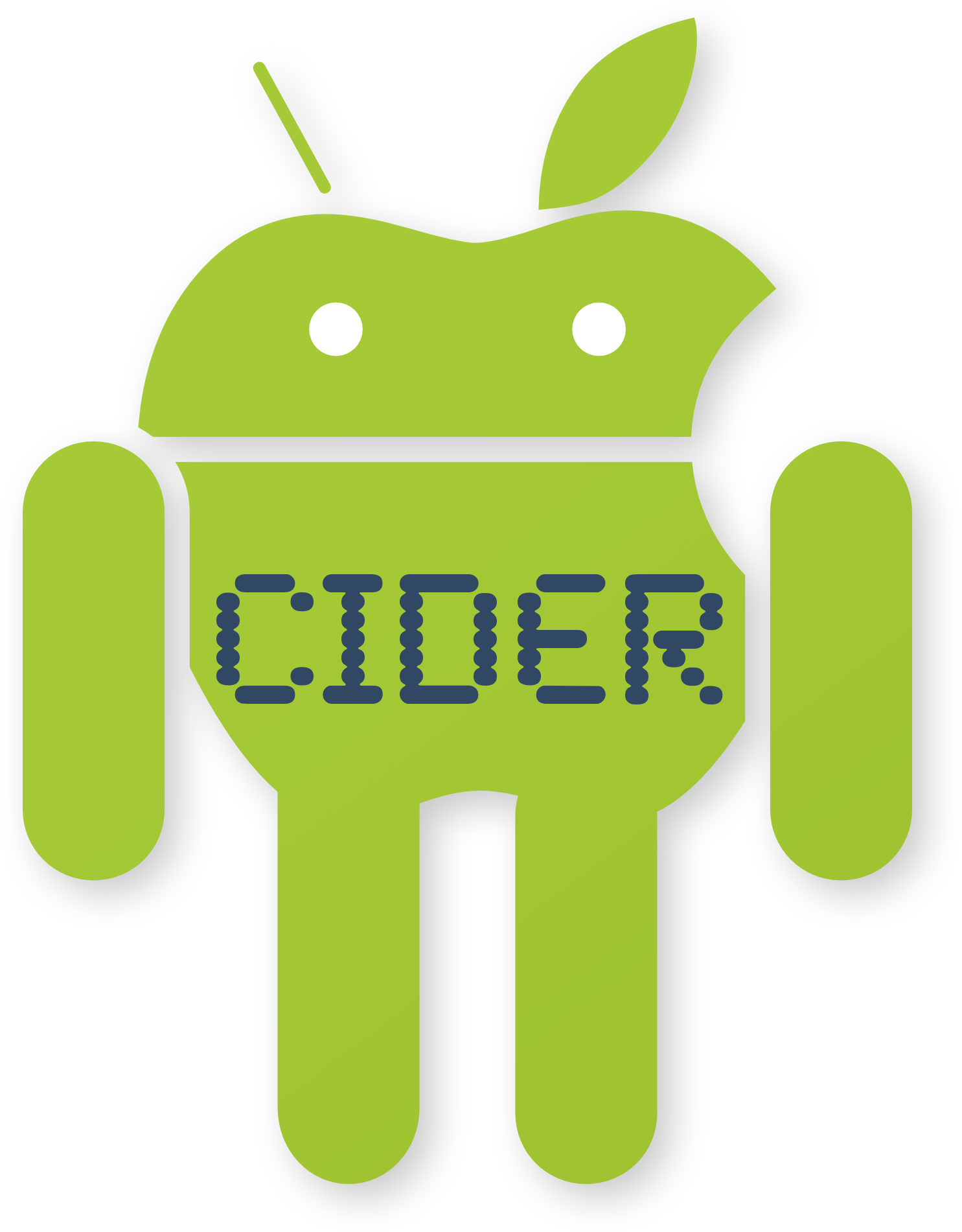

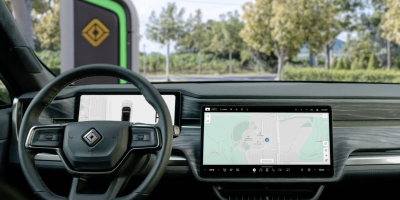
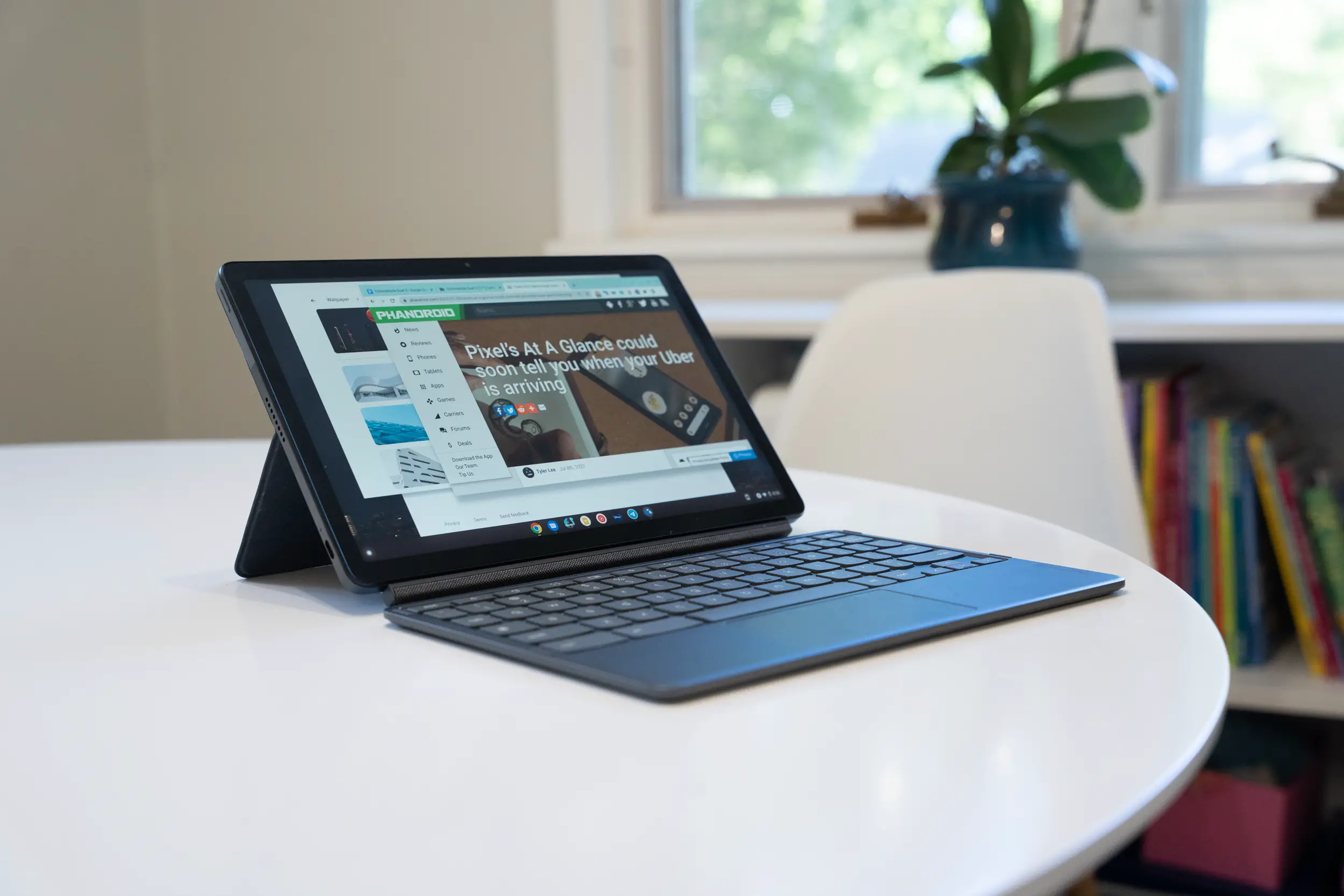

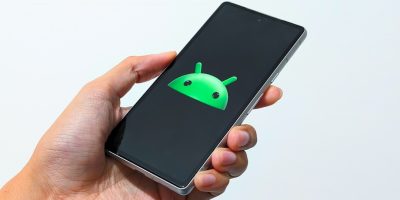
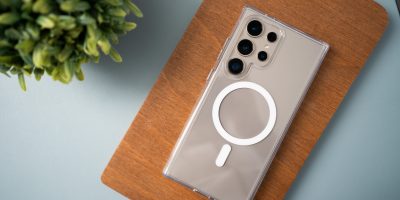




Let the bit¢hing begin…
Some people have no appreciation for the amount of time and research that the team put into this project. A few years ago people would have even called this impossible.
Seriously, if you don’t like it then don’t use it. Very cool, and kudos to the research team for all their hard work.
Cool, seems like WINE.
Some men just want to watch the world burn.
No!! I want to play Light Bike 1. The 2nd one is in the play store, but the first one is better IMO.
So some people want to watch the world flourish. Flourish with all my favorite iOS apps I can’t play anymore. =.[
That is quite sad if some people are letting pre-installed methods of communication get in the way of friendships and relations with loved ones. Skype and WhatsApp are two ways of universally communicating with everyone on whichever phone they’re using. Allow the technology to expand your horizons not restrict the amount of people you communicate with.
Apple sues them in 3…2…1…
If this project comes to full fruition, and no successful sabotage hinders the project or leaks precisely how this is done (allowing Apple to set up “countermeasures” to break the process), I expect how this will end will be decided by whether Google or Apple (or perhaps a Venture capitalist seeing the potential for making money with this) writes the bigger check to Columbia University for rights to make this development available to the public… or to suppress it.
If the latter proves true, that this proof of concept shows it can be done may be enough to expect future “translation” apps like this will eventually be developed for public use (perhaps at cost) by somebody, at which point it will be an ongoing back and forth between apple’s engineers and all parties interested in turning an easy buck, on or off Google’s official Play store.
Good news for Android users, if not for the short term, for the long term =)!
I wonder if the input lag shown with this demo is mitigated with either faster processors and/or additional RAM, relative to the Nexus 7?
Even if it worked I don’t think I’d want to support a developer that wants to remain exclusive on Apple. Also if this is the case it could be bad for Android app development. Developers may think all they have to do is develop the app for Apple and Android users will be able to use I as well. Oh well I guess.
In theory I agree with you, but there’s a couple apps (games mostly) I would really love to play (Civilization Revolution, Sid Meier’s Pirates to name a few)
Is there actually an alpha or beta of cider for US?